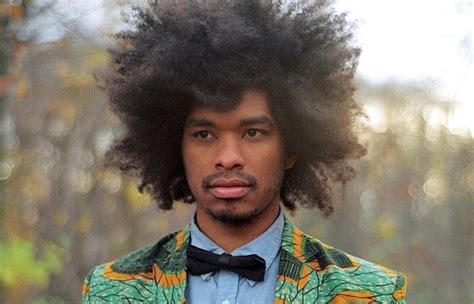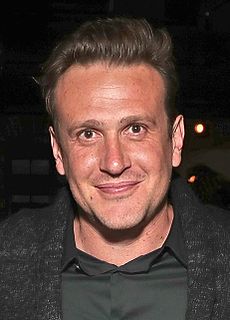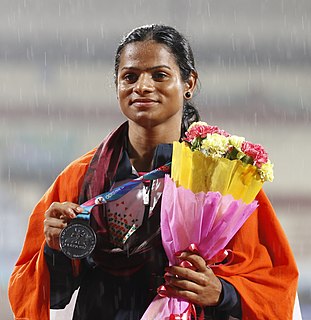A Quote by Rae Armantrout
People probably long for something genuinely personal in a society where the personal is often indistinguishable from the "personalized." Maybe the poetry audience member is searching for his or her own "personal space" and they expect the poet to be a sort of avatar of the private life. But that sort of representation is distasteful to me. Asking a poet to represent the personal life is, paradoxically, to turn the poet into something other than a person.
Related Quotes
Loneliness is necessary for pure poetry. When someone intrudes into the poet's life (and any sudden personal contact, whether in the bed or in the heart, is an intrusion) the poet loses his or her balance for a moment, slips into being what he or she is, uses his or her poetry as one would use money or sympathy. The person who writes the poetry emerges, tentatively, like a hermit crab from a conch shell. The poet, for that instant, ceases to be a dead person.
Leonard [Nimoy] was such a teacher for me. He was one of the most fully realized human beings I have ever known on every level - in his personal life with his personal relationships and his love for his wife and his evolution with his family. Then as an artist, as an actor, as a writer, as a poet, and as a photographer. He never stopped.
Maybe I just have a different line than other people in terms of where my personal emotional space becomes public and private. There's almost nothing I wouldn't tell somebody about my quote - unquote "personal life" if they asked in any conversation. There's nothing I've done or said that's that great. I don't see anything I've done to be that different than any other normal person.
I've been really lucky to spend some time around actors and artists I really admire. One thing I gathered from asking a lot of questions is that part of this job and this life we've chosen is doing personal exploration in front of an audience. In a lot of ways, that's what art is: personal searching with people watching.
One of the appeals of William Carlos Williams to me is that he was many different kinds of poet. He tried out many different forms in his own way of, more or less, formlessness. He was also a poet who could be - he was a love poet, he was a poet of the natural order and he was also a political poet.
Philosophy is antipoetic. Philosophize about mankind and you brush aside individual uniqueness, which a poet cannot do without self-damage. Unless, for a start, he has a strong personal rhythm to vary his metrics, he is nothing. Poets mistrust philosophy. They know that once the heads are counted, each owner of a head loses his personal identify and becomes a number in some government scheme: if not as a slave or serf, at least as a party to the device of majority voting, which smothers personal views.
Another trouble with poetry - and I'm gonna stop the list at two - is the presence of presumptuousness in poetry, the sense you get in a poem that the poet takes for granted an interest on the reader's part in the poet's autobiographical life, in the poet's memories, problems, difficulties and even minor perceptions.






































